The human brain is a remarkably adaptive organ, capable of changing and reshaping itself throughout life. This phenomenon, known as neuroplasticity, is both a challenge and an opportunity in the treatment of anxiety disorders. While chronic anxiety can rewire the brain in maladaptive ways—causing the fight-or-flight response to trigger inappropriately—advanced treatment programs are specifically designed to reverse this wiring, calm the overactive nervous system, and reestablish healthier mental patterns.
In individuals suffering from anxiety, the brain develops heightened sensitivity to perceived threats. Over time, regions like the amygdala (involved in emotional processing) become hypervigilant, while the prefrontal cortex (responsible for rational decision-making) becomes overridden. This imbalance reinforces a cycle of fear, avoidance, and physical stress. Untreated, the anxious brain can lead to long-term consequences, including impaired cognition, disrupted sleep, chronic health conditions, and reduced quality of life.
What makes advanced treatment programs different from generalized therapy is their structured, multi-dimensional approach. These programs combine evidence-based psychological interventions with physiological practices and lifestyle guidance to provide comprehensive healing. They do not just address symptoms; they seek to recondition the brain’s response to anxiety, building new pathways that support safety, self-regulation, and resilience.
Let’s explore how such programs work and how different therapeutic methods contribute to this rewiring process.
Understanding the Mechanism of Rewiring the Anxious Brain
The term “rewiring” refers to altering neural pathways that influence thought, emotion, and behavior. For someone with chronic anxiety, their brain has learned to anticipate danger and react swiftly, even when there is no actual threat. These pathways become well-trodden mental routes. Every time an anxious reaction is reinforced—through avoidance, negative thinking, or catastrophic assumptions—those circuits strengthen.
Advanced anxiety treatment programs introduce strategies and environments where new neural pathways can be formed. When a person learns to pause before reacting, challenge irrational fears, or self-soothe their physiological symptoms, their brain begins building alternative routes. These are the routes of recovery.
The Role of Psychotherapy in Restructuring Thought Patterns
Talk therapy is a cornerstone of advanced anxiety treatment, especially when tailored to specific cognitive distortions that fuel the condition. A particularly well-researched approach is Cognitive Behavioral Therapy in Massachusetts, which teaches individuals to recognize their thought traps and reshape their interpretations of daily events. It’s not about suppressing fear, but about contextualizing it.
CBT enables the brain to move from automatic emotional responses to more conscious, logical processing. This practice strengthens the prefrontal cortex and weakens the hold of the amygdala over emotional control. Over time, the brain stops defaulting to panic and instead becomes more responsive to reality.
Another highly effective approach is Dialectical Behavior Therapy in Massachusetts, which blends cognitive techniques with emotional regulation and mindfulness. DBT is especially helpful for individuals who experience intense emotional fluctuations alongside anxiety. By learning to observe and accept emotions rather than be consumed by them, the individual creates more mental space and flexibility.
Both therapies are structured, skill-based, and practiced over time—making them essential tools for long-term rewiring.
The Body-Brain Connection in Anxiety Recovery
Advanced anxiety treatment does not focus on the mind alone. The brain is deeply integrated with the body’s nervous system. When a person is anxious, their sympathetic nervous system (the “fight-or-flight” mode) becomes dominant. Over time, this persistent state of arousal reinforces the belief that one is unsafe—even in everyday situations.
One of the major contributors to long-term healing is helping individuals activate their parasympathetic nervous system (the “rest and digest” mode). Breathwork, somatic therapies, and sensorimotor strategies work at this level. These approaches retrain the brain to respond differently to bodily signals. Instead of escalating every sensation into alarm, the brain learns to ground itself in calm.
Structured programs often integrate movement therapies, body scans, yoga, and interoceptive awareness exercises. These somatic techniques create a feedback loop of safety that the brain gradually comes to trust. Healing anxiety this way takes time—but the brain’s plasticity makes it possible.
Flexibility in Treatment Intensity and Schedule
Because anxiety manifests differently from one person to the next, advanced treatment options offer flexible levels of care. For individuals needing consistent support but without full hospitalization, a Psychiatric Day Treatment Program Massachusetts bridges the gap. It allows participants to engage in daily therapeutic sessions while still returning home in the evening. This model helps maintain routines and relationships while receiving focused care.
Another level of care offered in clinical settings is the Half Day Treatment Program Massachusetts, which suits individuals who may be returning to work or transitioning from more intensive therapy. It offers a blend of therapeutic structure and independence that encourages real-world application of recovery skills.
These options are crucial because they align treatment intensity with individual readiness. The right amount of support reduces overwhelm and fosters steady progress.
Individualized Care Within a Structured Setting
Many people with chronic anxiety require more than just a once-weekly therapy session. The complex interplay of thought, emotion, habit, and physical response requires a setting that allows for focused and repeated practice. Advanced treatment programs are not one-size-fits-all; they prioritize personalization within a framework of evidence-based care.
At Foundations Group Behavioral Health, the approach involves multidisciplinary collaboration. Clinicians, therapists, and medical providers work together to ensure that each person’s care plan addresses their unique neural patterns, triggers, and learning styles. Nutritional support, psychiatric consultation, and experiential therapies are often included to round out the treatment experience.
This level of integration is what separates comprehensive programs from generalized therapy. Every aspect of the program works together toward one goal: rewiring the anxious brain.
The Importance of Safe, Clinical Environments
Trust and safety are essential for recovery. A dedicated Behavioral Health Treatment Center Massachusetts offers this kind of setting. In a specialized environment, clients can feel secure knowing they are surrounded by professionals who understand anxiety disorders on both a scientific and human level.
These centers are designed to reduce outside stressors and eliminate distractions that can derail progress. From the physical design of the space to the scheduling of group therapy and rest periods, every detail contributes to the healing process.
Safety also applies emotionally. Sharing experiences with others who are on similar paths reduces shame and isolation, creating community support. Group therapy models and peer support are often built into advanced programs, providing additional feedback loops of encouragement and accountability.
Why Choose Foundations Group Behavioral Health?
For those seeking long-term relief from anxiety, treatment must go beyond symptom suppression. At Foundations Group Behavioral Health, we provide a full continuum of care, from intensive structured programs to step-down services like Outpatient Mental Health Therapy Massachusetts.
Our licensed clinical team specializes in identifying the root mechanisms of anxiety and customizing treatment based on how your brain and body respond to stress. We believe in evidence-based healing combined with compassionate guidance. Our programs are not rushed or generic—they are designed to meet you where you are and help you build a sustainable future, one neural pathway at a time.
Conclusion
Rewiring the anxious brain takes time, intention, and the right tools. It is a process of shifting away from fear-driven habits and toward internal stability. With the help of structured programs like an Anxiety Treatment Program Treatment Massachusetts, individuals can move from survival mode to a life of clarity and confidence.
If you or a loved one are struggling with anxiety that feels unmanageable or unchanging, Foundations Group Behavioral Health is here to help. Our team is ready to support your journey with compassion, clinical excellence, and a commitment to real healing. Call us today at (833) 986-2594 to learn how we can help you take the next step forward.
Frequently Asked Questions (FAQs)
1. What does it mean to rewire the anxious brain?
Rewiring the anxious brain refers to the process of altering negative neural pathways through therapy and treatment, allowing for healthier emotional and behavioral responses.
2. How do advanced treatment programs help anxiety?
They combine evidence-based therapies like CBT and DBT with lifestyle and neurological strategies to interrupt anxiety cycles and foster lasting brain changes.
3. Can anxiety really change the structure of the brain?
Yes, chronic anxiety can strengthen fear-related brain circuits. Without intervention, this can impair memory, sleep, and emotion regulation.
4. How long does it take to rewire anxiety responses?
Every person is different, but consistent treatment over several months can lead to measurable brain changes and reduced anxiety symptoms.
5. What is the role of day treatment in anxiety recovery?
Day treatment offers intensive support without full hospitalization, allowing clients to build coping skills and receive therapy in a structured setting.








